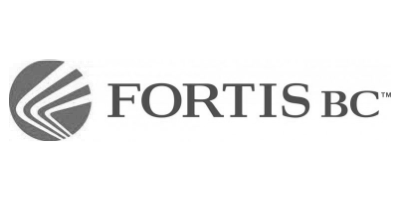How do I deal with a hangover?” This is probably one of the top 20 questions asked by clients or friends. So here you go…my best advice for how to keep the headaches, nausea, and associated sugar cravings and ‘booze blues’ at bay.
- Prepare your fridge the day before. I know, your hangover is not always going to be planned, but if you know a party or event is coming up, do your best to stock your kitchen in advance. Prepare a few meals and snacks in advance so you’re not struggling to pull together healthy food when your body would rather be sleeping or chilling on the couch. The tips below will help you to create your grocery list.
- Drink 10-12 glasses of water. Drink 2-4 glasses of water as soon as you wake up. If you can’t stomach plain water, try pre-making a pot of decaffeinated iced tea or squeeze a half lemon into every 1-2 glasses of H2O.
- Avoid processed foods. Your body is already working overtime to detoxify itself from the alcohol (and possibly unhealthy foods) you consumed the night before. Don’t force it (and your 100 trillion cells) to do extra work by having to digest and detoxify your body from unnatural, processed foods. This means you need to stock your fridge with healthy proteins, fats, and carbs. Proteins include foods like chicken, eggs, fish, quinoa, turkey, beans, legumes, grass-fed beef, cottage cheese. Fats are naturally present in proteins but you could also include butter, avocado, hummus, or guacamole. Carbs can be low-starch (ie/vegetables) or higher starch (ie/pastas) and since your body may be looking for a bit more substance, I say let hangover day be the day when you have a few extra starchy carbs – HOWEVER, this doesn’t mean load up on pasta and bread. It means choose potatoes, butternut squash, crackers and perhaps a small amount of pasta or rice.
- Avoid sugar. Regardless of what you were drinking or eating the night before, you’ve likely got some sort of imbalance happening in your body by the time you wake up. In my experience, more often than not, that imbalance causes sugar cravings. What does this mean? Reach for a healthy protein, fat and carbohydrate! Avoid sugar altogether as it can most certainly exacerbate the imbalance.
- Consume water-dense foods. You’re already dehydrated so why add to the problem? Choose foods that have a high water content. Broths and soups are excellent choices, as are vegetables. Fruits, although high in sugar, are also good choices.
- Do some light exercise (stretching and walking count!). Ninety-eight percent of my clients don’t stretch. The number one reason is because they don’t think it counts as exercise. Instead, they’ll do cardio and strength training leaving their muscles all wound up, which ironically results in weaker muscles overall. If you can muster up the energy to go for a walk or do some stretching while Netflixing, then go for it. Every minute counts.
- Try peppermint oil for headaches. Before you reach for the bottle of pills, reach for a bottle of peppermint oil. I’ve used oils for my headaches and although they don’t always do the trick, they certainly help. That said, don’t be a hero and struggle with a pounding headache all day. A headache implies inflammation and so if an anti-inflammatory is what you need, go for it – just be sure to take it with a glass or 2 of water. Ginger is also a natural anti-inflammatory so you can chew on a few pieces of ginger or add it to a hot or cold drink of water and lemon.
- Take your supplements. Hangover day is not the day to skip supplements! Not everyone is taking supplements, though everyone should. Our food chain does not provide the vitamins and minerals we need, and our chronic stress constantly depletes our bodies of essential nutrients. I’d recommend not taking any supplements on an empty stomach and avoiding them before you go to sleep. Some vitamins (ie/B vitamins) can cause an increase in energy, which you’ll want to avoid when your body needs rest and recovery.
- Be kind to yourself. Alcohol is a depressant. Therefore it shouldn’t be surprising to experience a little (or a lot) of depression or sadness on the following day. Follow the advice above and you’ll increase the odds of managing these all too common ‘booze blues’.
Learn more about “Reducing Alcohol Consumption“.








